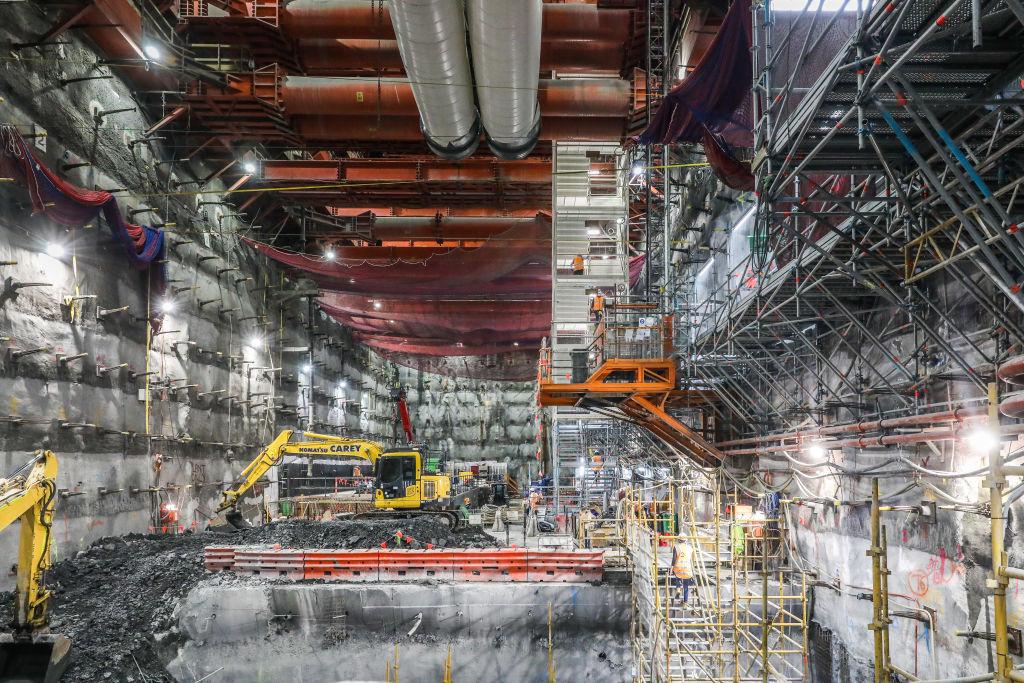Victorian taxpayers may have to bear additional costs for Melbourne’s Metro Tunnel as the project has mostly used up its risk contingency funds.
A Victorian Auditor-General’s Office report stated that the project was expected to overspend on tunnels and stations by $364 million (US$252 million).





